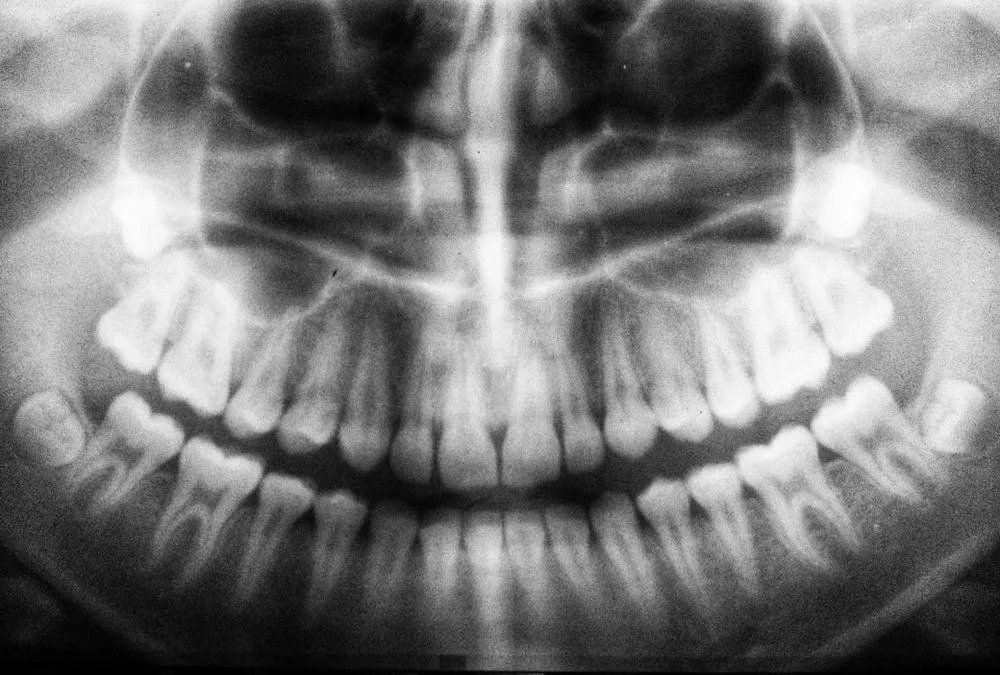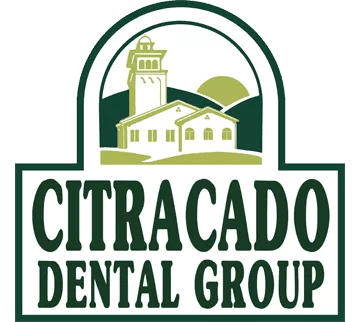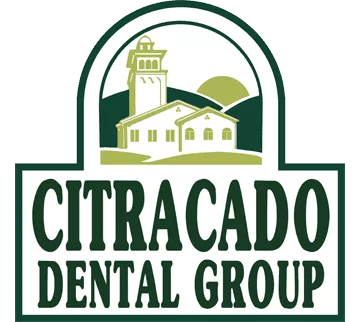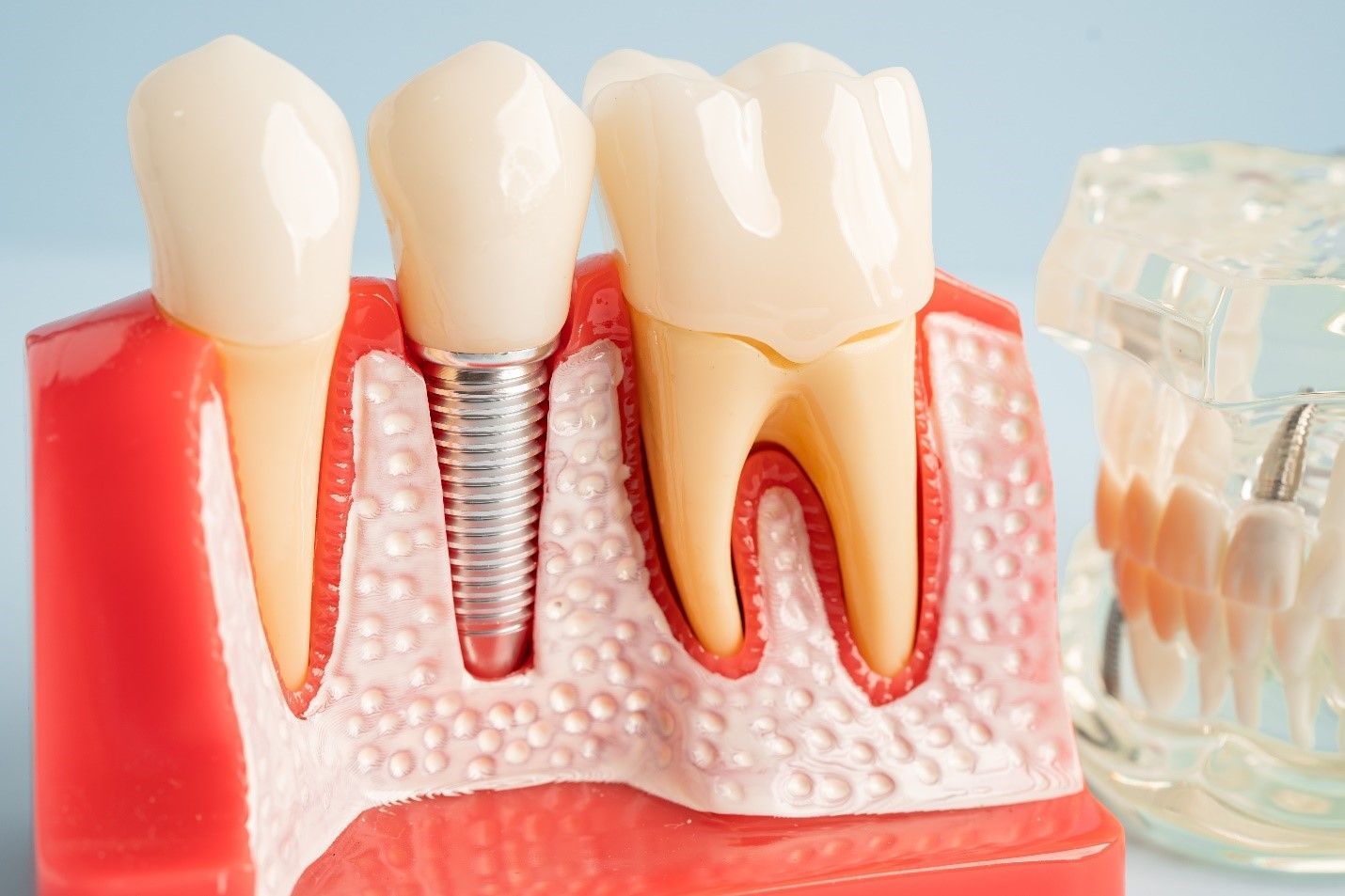SIGNS THAT YOU MIGHT HAVE A CAVITY DEVELOPING

Tooth sensitivity. Tooth pain. And tooth stains. These are all possible indicators for having a cavity.
They are not the only signs, however. A person may have a decayed tooth without even feeling any pain or discomfortable whatsoever despite eating ice cream or drinking extra hot coffee.
Nevertheless, you should be aware of the possible signs for developing cavities. Over time, you will eventually feel the effects of a cavity as it will become a larger problem if not treated.
A sudden toothache when biting down is one possible sign that a tooth has a cavity or fracture. Sensitivity to hot, cold or sweet foods and drinks is another. Sometimes you may notice visible holes in the teeth or teeth staining.
Some foods and drinks with high levels of sweeteners can lead to the development of cavities, particularly because these types of foods and drinks may be sticky and difficult to remove from teeth and gums.
Ignoring basic dental hygiene practices like brushing and flossing is a high risk factor for developing cavities. When people fail to properly maintain their dental care, they allow for bacteria and debris to accumulate. Over time, the debris and bacteria will work in tandem to weaken tooth enamel.
Some other habits may make you more prone to tooth decay
An eating disorder, for instance, or acid reflux, can produce excess acid inside the mouth. This imbalance can wear down or erode tooth enamel, which is the outermost protective covering of teeth. It is the hardest substance in the body, containing high levels of minerals.
Dehydration or dry mouth related to medication can also lead to complications. Without enough saliva, the body cannot carry out the natural cleaning process. When you’re not brushing, saliva plays a role in keeping your mouth clean and reduces harmful bacteria.
If you’re feeling a little tooth discomfort, it’s a clear sign that you should make an appointment to have things checked out. It’s not always apparent if a cavity is developing, so it’s important to keep up with regular dentist visits as well.
Regular brushing and flossing are primary preventive measures. You should also pay close attention to warning signs and take immediate action.
QUICK MENU
RECENT POSTS






